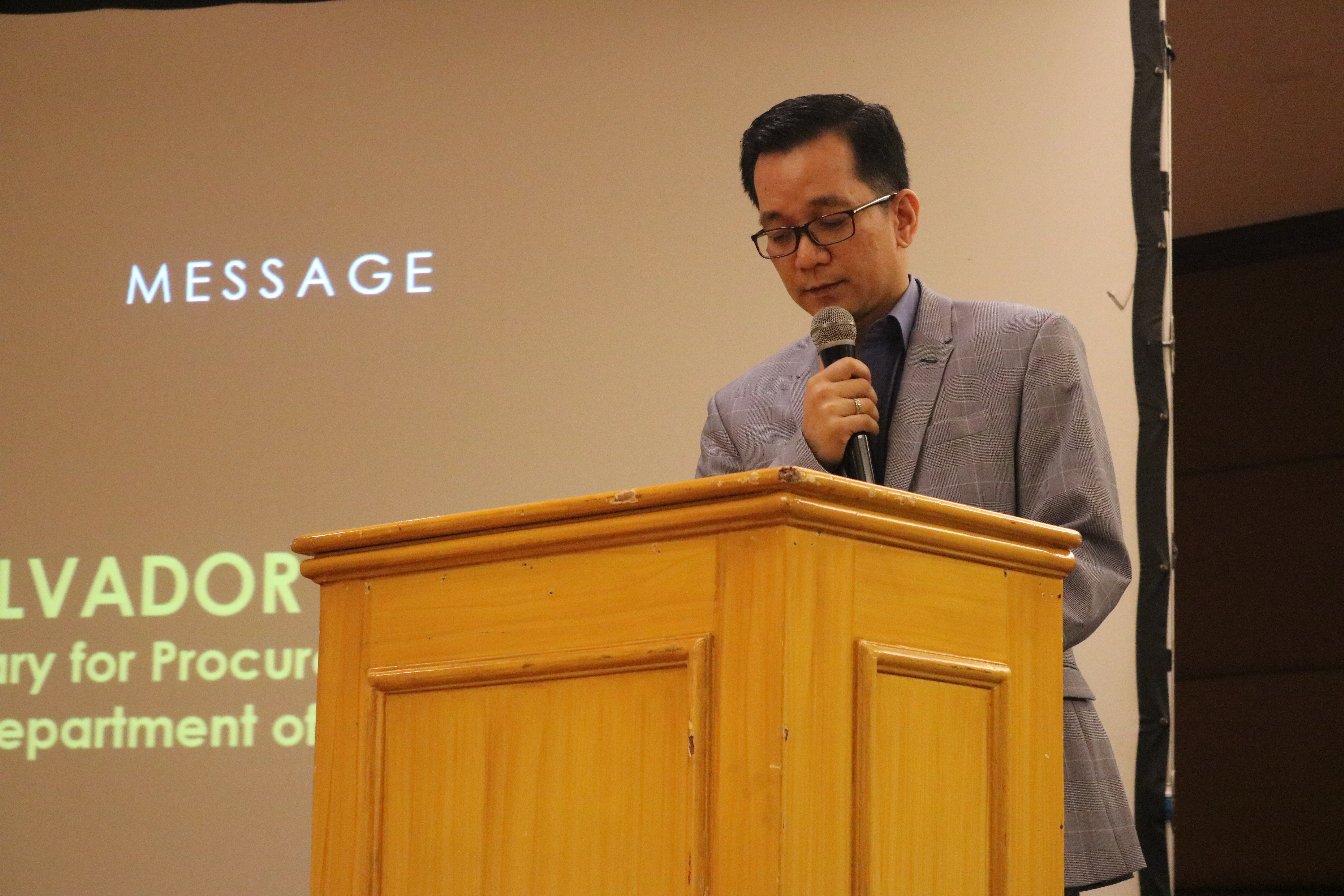QUEZON CITY, April 1, 2019 – The National Council for Children’s Television (NCCT), an attached agency of the Department of Education (DepEd), in partnership with Far Eastern University (FEU)–Manila, launched the nationwide study entitled, “The Filipino Child and Media: Media Consumption, Parental Mediation, and Classroom Performance” at Crowne Plaza Manila Galleria on March 27.
The said launch provided an opportunity for discussion and more in-depth understanding of the results of this research project conducted in 2018 which explored the status of children’s media consumption in the Philippines.
“As technology continues to advance and evolve at a rapid speed, it is of utmost importance that we have a medium where we can get resources and information we need, whether for work, entertainment, or even academic,” DepEd Assistant Secretary for Procurement and Administration Salvador Malana III pointed out.
“However, with the continuous development and advancement of technology, children are now exploring other platforms like the internet which can be used for online viewing, social media, and video gaming, thus, amounting to increase in media consumption.”
He also stressed the importance of parental guidance, supervision, and mediation on children’s media consumption and how this affects their children’s classroom performance. The NCCT’s efforts, he said, will be of great help in strengthening the policies and projects of the agency in promoting quality children’s television programs.
The study’s highlights include the important developments in children’s classroom performance, preference of programs, viewing and gaming schedule, and the practices employed by parents and guardians in their children’s media usage which were reported in the launch.
Also present in the activity were executives and members of the NCCT headed by Chairperson and Child Development Specialist, Dr. Luis Gatmaitan; FEU Senior Vice President for Academic Affairs, Dr. Maria Teresa Trinidad Tinio; Lyceum of the Philippines Dean, Dr. Joseph Francisco; and representatives from DepEd regional and division offices, higher and basic education private schools and institutions, various media outlets, religious sectors, government offices and agencies, parents, and students.
In conclusion, Malana called on content creators to be responsible media providers, and to regulate and consider the welfare of children in producing and delivering media messages.
END




